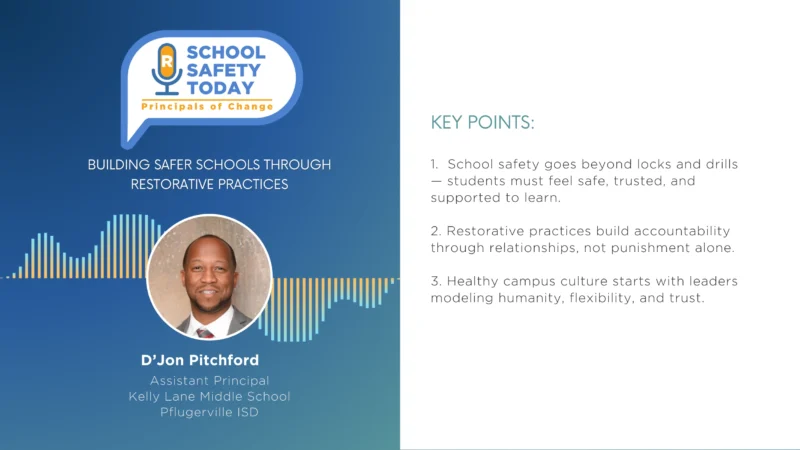Can A.I. Keep Us Safe Everywhere
As concerns about school safety continue to dominate headlines, the adoption of artificial intelligence (AI) for gun detection in educational institutions is gaining momentum. This discussion couldn’t be more timely, with schools grappling with the need for more proactive security measures. The use of AI gun detection technology, already prevalent in venues like airports and stadiums, is now making its way into schools, presenting a promising yet contentious solution.
Daniel Litwin dissects the multifaceted aspects of AI gun detection, its effectiveness, ethical considerations, and its potential to revolutionize school safety protocols.
Main Points of Conversation:
- AI’s Role in School Safety: Daniel discusses the adoption of AI gun detection technology in schools and how it compares to traditional security methods. They highlight its ability to swiftly identify weapons and provide instant alerts.
- Challenges and Considerations: The conversation explores the hurdles and challenges in implementing AI technology effectively. Factors such as camera settings, maintenance, and training are crucial for its success.
- Beyond Schools: The episode takes a broader perspective, considering the applicability of gun detection in other public spaces like malls and office buildings. Each environment presents unique challenges and requirements, and the conversation delves into how this technology can be adapted.




